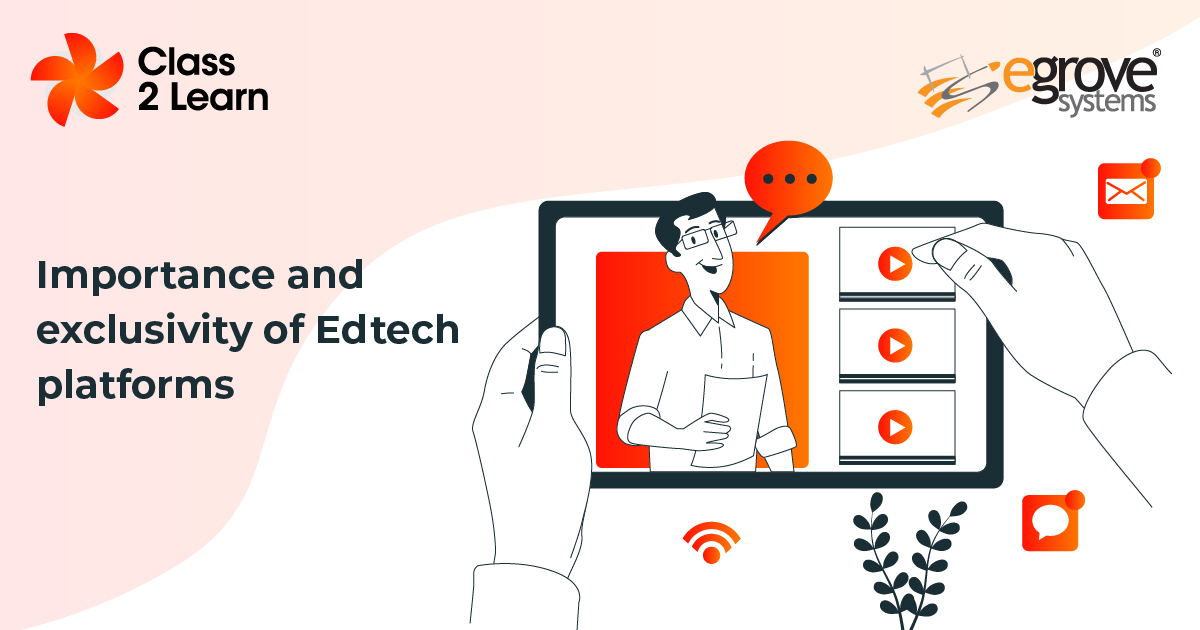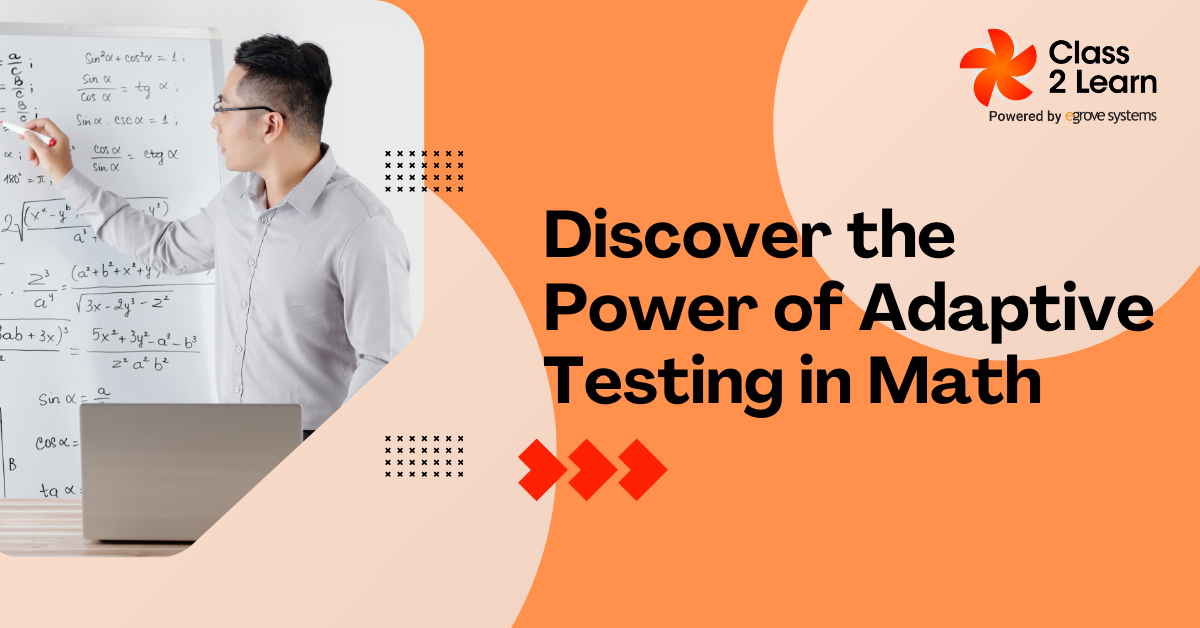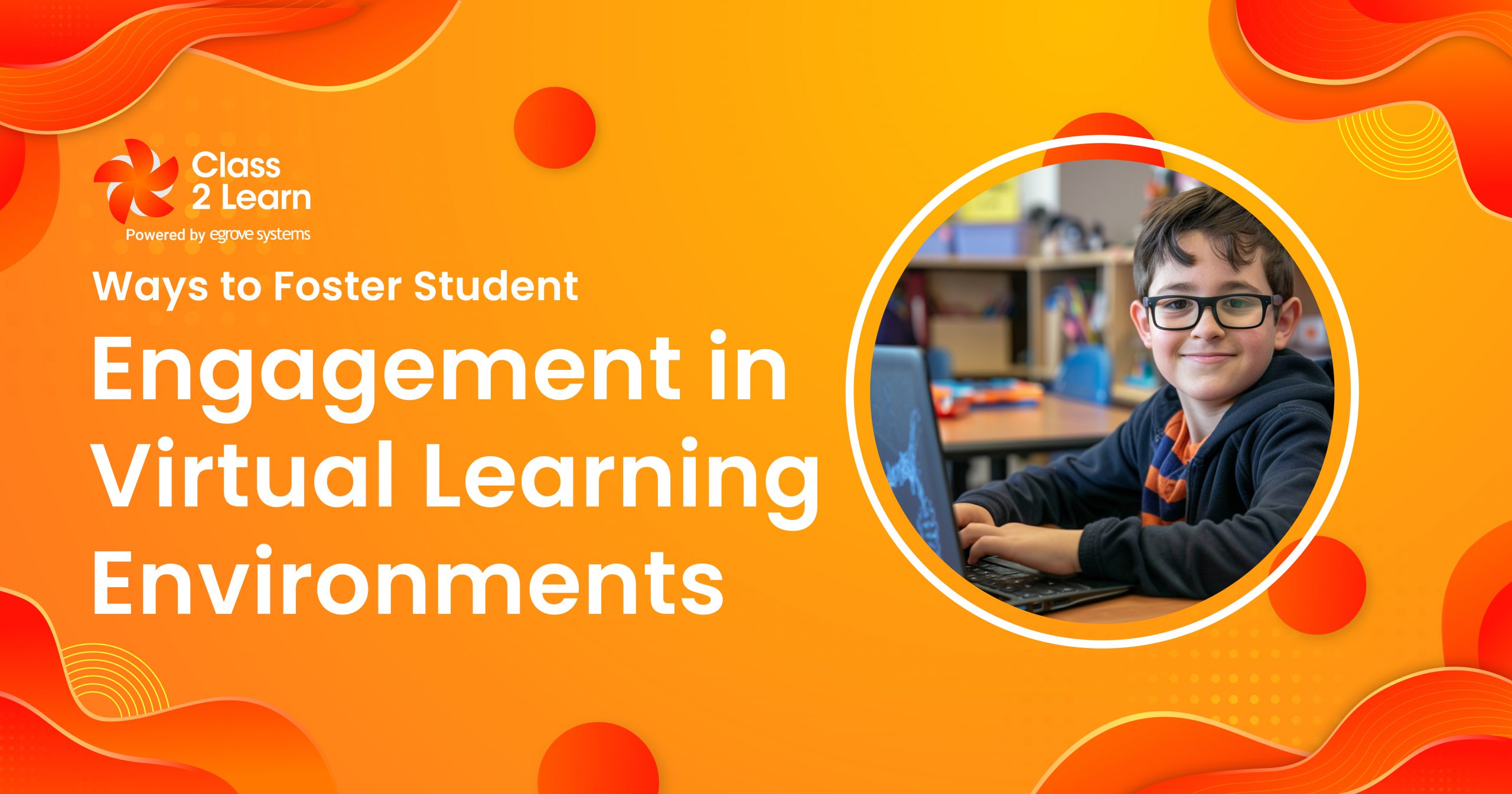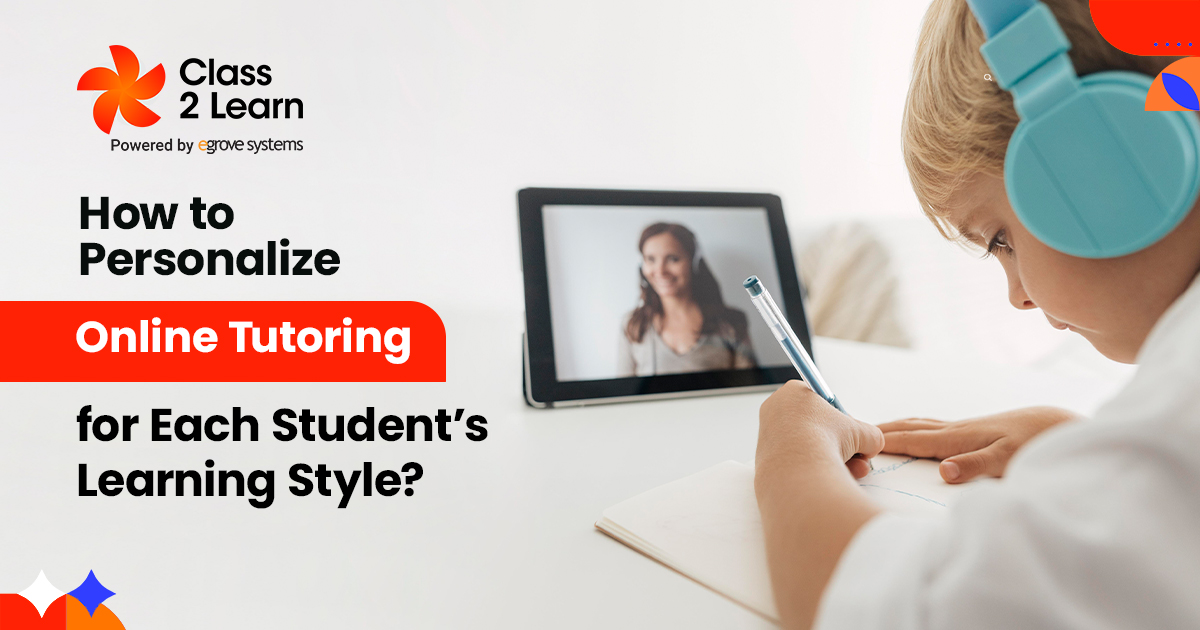Education technology, abbreviated as EdTech, is a sector of the modern economy poised to transform the nitty-gritty of the education systems and people’s knowledge acquisition methods. EdTech co-opts computers, software, and hardware solutions to provide learning and training to students and employees. Moreover, the software/hardware programs used in online or remote learning, coupled with novel theories of epistemology and research into the most effective means of knowledge dissemination, are also integral parts of the EdTech landscape.
Currently, the EdTech industry has a global valuation of USD 254.80 billion and is expected to touch the USD 605.40 billion thresholds in 2027. Although the EdTech sector has witnessed an unprecedented boom since 2020, it has existed for quite some time. For instance, schools and training centers used technology like copy machines and media-aided learning as early as the mid-20th century. Likewise, the Open University of the United Kingdom and the Canada’s University of British Columbia were early pioneers in transforming online education into a more interactive and appropriate domain for students. Soon after, other examples like India’s Indira Gandhi National Open University (IGNOU) followed suit.
However, it goes without saying the EdTech industry is at an exciting juncture currently, as more and more people, young leaders, and educational institutions are becoming appreciative of this transformative tool. Long gone are the days when technology was seen as ‘an all-evil phenomenon and a hindrance to children’s learning. After the COVID-19 Pandemic, it has become nearly impossible to imagine modern-day learning with EdTech’s assistance. The EdTech industry of 2023 is a mine of potential. It can be both the means and ends to a democratic, equitable, and high-quality education system. However, the industry is not without its flaws, one of which is ‘exclusivity.’
Importance of EdTech Platforms: Four Major Benefits
1. Better Collaboration
The use of cloud-enabled tools and tablets fosters better collaboration in the classroom among students. When mobile devices are loaded with online lessons and interactive educational games, children can come to solve problems together, even if they are geographically apart. In addition, cloud-based Edtech platforms like Google Classroom let students upload their homework digitally and exchange opinions or thought processes.
2. Research Becomes Easier
EdTech makes learning more interesting and easier for students, as they can access the internet anytime. Students can use an array of tools, such as JSTOR, YouTube, etc., to understand a specific topic comprehensively, and do not have to rely solely on textbooks and classroom notes. Moreover, EdTech can potentially drive the education community away from a ‘rote-learning’ approach to a more cognitive and skill-based trajectory. As the internet is easily available in EdTech-based learning, teachers or tutors are mandated to devise a curriculum that examines the core abilities of the student and not simply skims through their superficial knowledge.
3. Customized and Personalized Education
Artificial Intelligence is gradually becoming an intrinsic part of EdTech platforms. AI offers major educational perquisites, such as personalized learning to each student’s needs, enabling them to adjust and control iterations or enhance the subject’s expertise. For example, we can now find AI-enabled EdTech tools like Gradescape and Cognii, which simplify things. Learners are usually required to fill out a questionnaire at the start; then, the rest follows suit.
4. 24/7 Accessibility
Last but not least, the veritable importance of EdTech platforms can be gauged from the fact that they have made learning accessible 24/7. Students can have complete access to their classroom in a digital space, whether at home, in a car, or on vacation. Wi-Fi-enabled and cloud-based EdTech platforms have turned the notion of traditional classrooms upside down and have allowed young minds to work and learn at their own pace and schedules. The best part is that their progress is not obstructed by the need to remain present in a physical classroom.
So, there we have it, a crisp overview of the importance of EdTech platforms. Of course, Education Technology is a trailblazer in its own right, making education accessible, advanced, quality-oriented, and customized. However, EdTech also has some inherent demerits, and the hour’s need is to address those flaws at the earliest.
Exclusivity in EdTech Platforms: Exclusivity and Interpersonal Impairment
When it comes to the exclusivity-inclusivity debate of online education or EdTech platforms, it is, indeed, a double-edged sword. Online education, especially distance learning courses and degrees (MOOCs), is far more affordable as opposed to traditional classrooms. Therefore, students from different income categories and social strata have now been able to reap the benefits of quality education via EdTech or MOOC platforms, owing to their affordability, accessibility, and flexibility. For example, 3 million students are now higher education fully online. Likewise, 86 percent of online degree graduates who have earned degrees online report that the benefits they received were well worth the money they spent.
However, EdTech platforms are simultaneously increasingly creating a ‘digital divide’ in learning, especially in developing countries where not everyone has the luxury of having a personal phone, tablet, or laptop or subscribing to the paid versions of high-tech EdTech applications. Thus, the hour’s need is to make EdTech platforms more affordable. A related big worry about the EdTech platform is that students who do all of their learning online would lack the interpersonal and social skills that can only be acquired through direct human interaction. Psychologists, educational theorists, and sociologists have raised worries about the issue. Thus, the call has been made for a hybrid mode of education, especially for elementary and high school students.
Thus, there we have it, a crisp overview of the importance of exclusivity in EdTech platforms.





Add comment